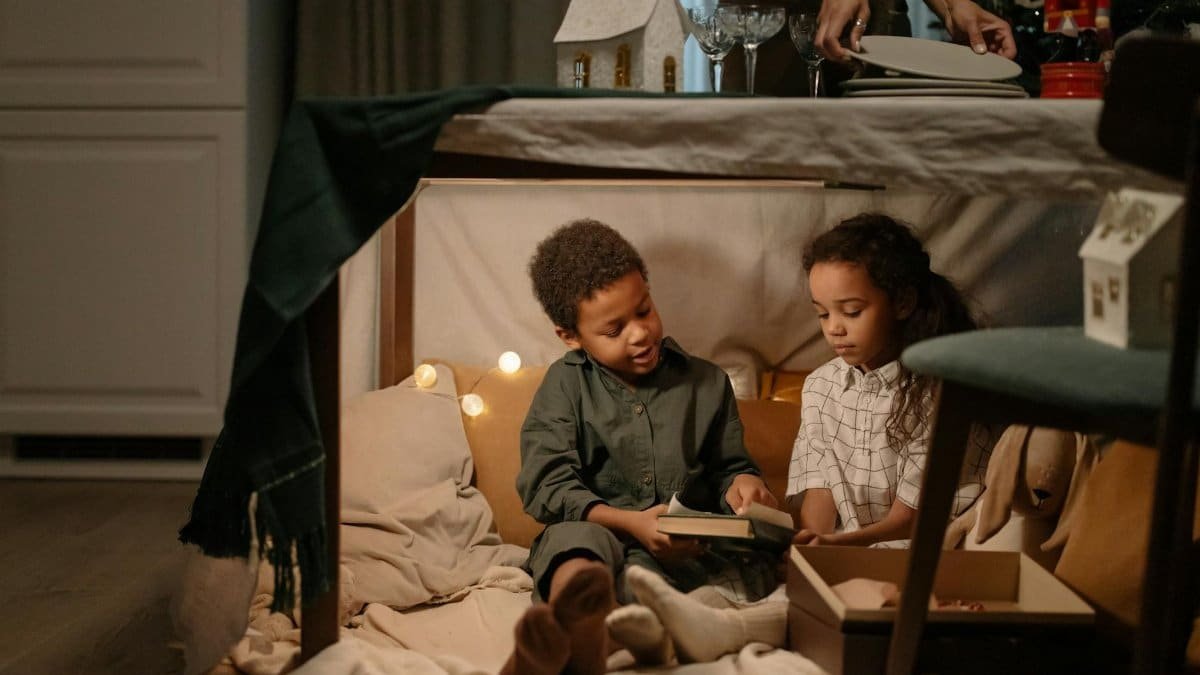Looking for a quick way to help your little one unwind? A kids body scan can be the perfect tool. Simply put, it’s a short, guided relaxation exercise that helps children focus on different parts of their body to release tension and calm their mind. In just under five minutes, these scans can ease stress or prepare a child for bedtime. Here, we’ve crafted eight playful, engaging body-scan scripts tailored for kids under five minutes each—ideal for parents or caregivers seeking fast, effective ways to bring peace to their day.
1. The Sleepy Starfish Adventure

Start by having your child lie down and imagine they’re a starfish on a warm beach. Guide them to relax each “arm” of their starfish body, starting from the top of their head down to their little toes. Say, “Feel the warm sand under your head, now let your shoulders melt into the beach.” Keep your tone soft and slow. This kids body scan takes about three minutes and works wonders for bedtime, helping them drift off with a sense of calm.
2. The Bouncy Balloon Breath

Tell your child to picture a colorful balloon in their belly. As they breathe in, the balloon grows big, and as they breathe out, it shrinks. Guide them to notice their chest, arms, and legs feeling lighter with each breath. Use simple cues like, “Let your hands feel floaty like the balloon.” This two-minute script is great for quick resets during a tantrum or a busy day, grounding them through focused breathing.
3. The Magic Robot Reset

Turn your child into a robot powering down for the night. Start at their head, saying, “Switch off the robot brain, let it rest.” Move to their shoulders, arms, and legs, “powering down” each part with a gentle tone. Add a playful “beep-boop” sound if they’re giggly. This four-minute kids body scan is engaging for tech-loving tots and helps them settle after high-energy playtime.
4. The Cozy Cloud Drift

Have your child imagine they’re lying on a fluffy cloud floating in the sky. Guide them to feel their head sink into the cloud, then their back, and finally their feet. Say, “The cloud is so soft, let your legs feel heavy and still.” This three-minute script is perfect for calming overstimulated kids, helping them feel safe and supported as they relax.
5. The Tiny Turtle Tuck-In

Ask your child to pretend they’re a turtle pulling into their shell for a nap. Start with their “shell” (shoulders), guiding them to relax it, then move to their head, arms, and legs hiding inside. Use phrases like, “Tuck your little turtle feet in, nice and quiet.” This four-minute scan is ideal for shy or anxious kids, offering a sense of security in under five minutes.
6. The Friendly Frog Hop

Turn relaxation into a game by having your child imagine they’re a frog resting after a big hop. Guide them to relax their “froggy legs” first, then their belly, and finally their face. Say, “Let your froggy cheeks go soft, no more hopping now.” This three-minute script keeps kids entertained while helping them release pent-up energy after active play.
7. The Gentle Giraffe Stretch

Picture a giraffe slowly lowering its long neck to rest. Guide your child to relax from their head (the giraffe’s neck) down to their toes (the feet touching the ground). Use calming words like, “Let your long neck droop, nice and slow.” This four-minute scan is great for kids who need help winding down after a day of running around, mimicking a slow, deliberate pace.
8. The Quiet Kitty Curl

End with a cozy image of a kitten curling up for a nap. Have your child lie down and relax their “paws” (hands and feet), then their belly, and finally their face. Whisper, “Curl up like a sleepy kitty, let your eyes get heavy.” This three-minute script is a soothing way to close the day, helping kids feel snug and ready for sleep.
These eight scripts are quick, creative tools to bring calm to young children in under five minutes. Backed by research on mindfulness for kids, such as studies from the American Psychological Association, body scans can reduce stress and improve focus. Additional resources from Greater Good Science Center at UC Berkeley highlight how even brief mindfulness practices benefit emotional regulation in children. Try one today and see the difference for yourself.
